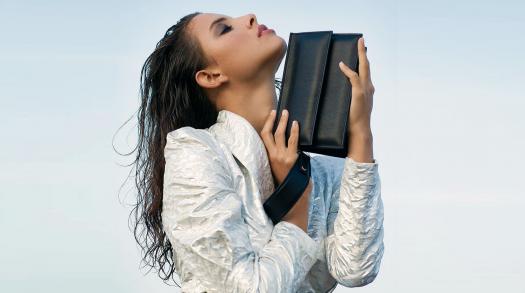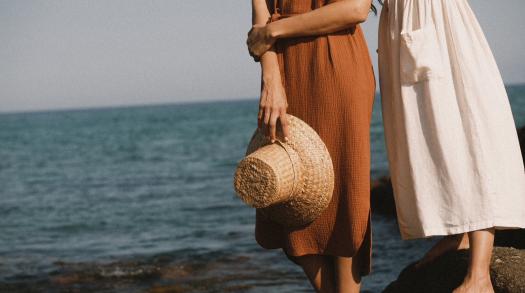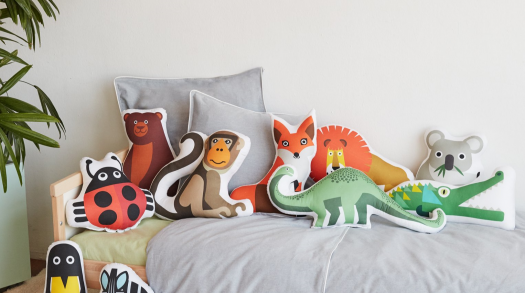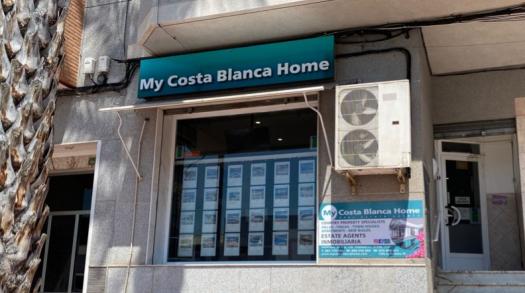TWOTHIRDS brings sustainable options to the fashion industry from the shores of Spain
Let TWOTHIRDS be the guiding hand in helping you find eco-friendly choices for your wardrobe and home. Designed in Barcelona, produced in Europe, shipped worldwide.
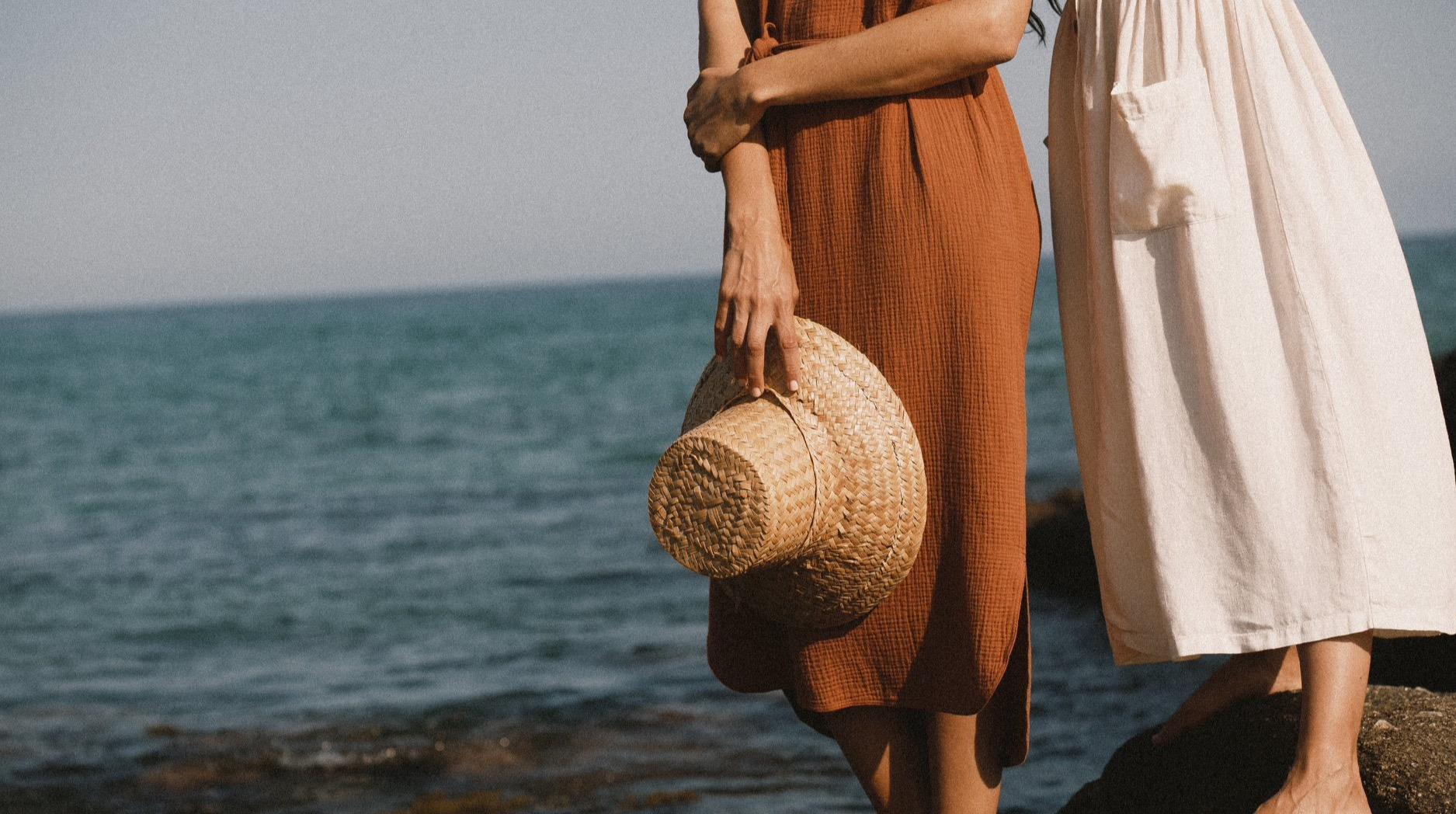
Sand, sun, and sea - something TWOTHIRDS wants to remain free from the harm that the fashion industry's pollution and overproduction can cause.
How Spanish brand TWOTHIRDS was created
TWOTHIRDS was created from the understanding that the world needs to look at how their choices affect the environment - especially in the fashion industry.
Founder Lutz Schwenke first grasped his passion for the environment and conservation while on a trip to Maui, where he fell in love with the ocean and its creatures. Later, after he began working for the UN as an investigator for fair trade and trustworthy consumption, he realized that there needed to be more brands that stood up for the environment, especially the ocean.
Thus, the idea behind TWOTHIRDS was born.
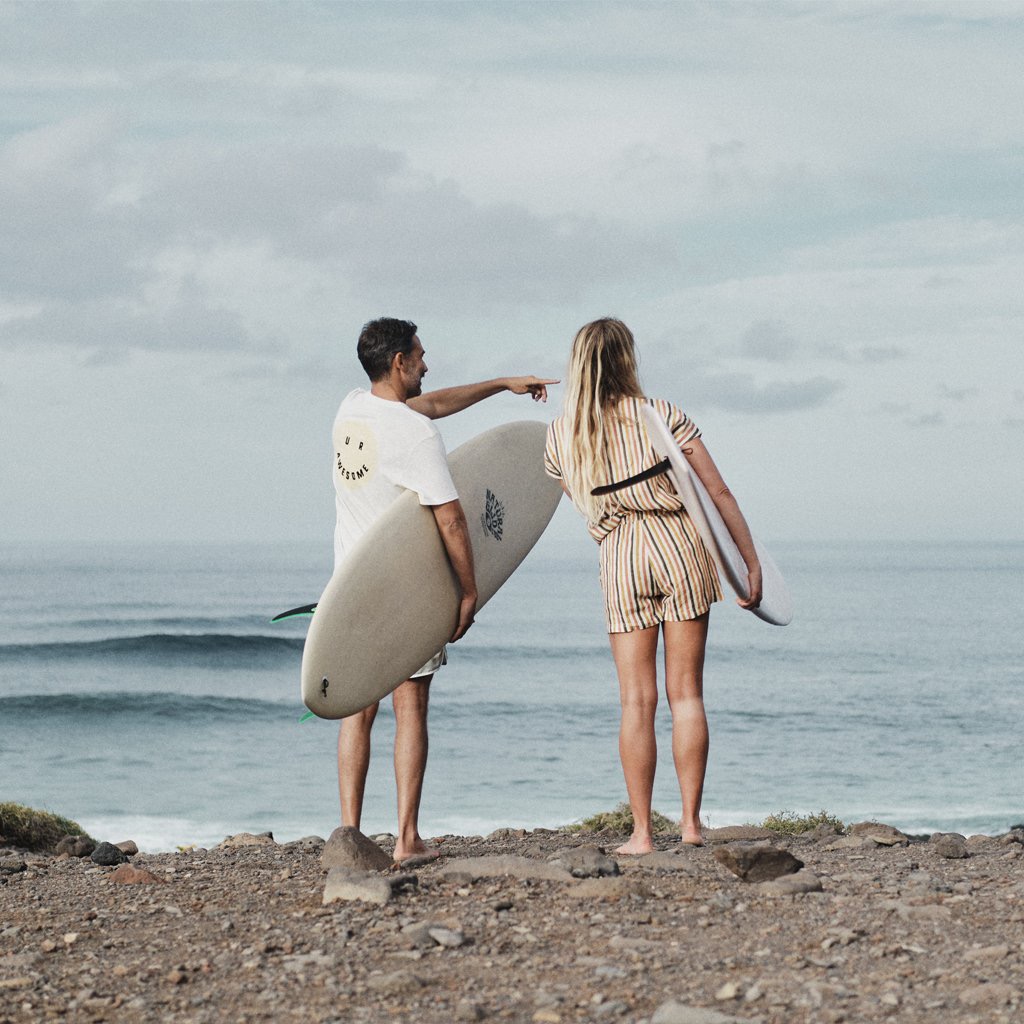
TWOTHIRDS was officially created in 2010, but moved its headquarters to Barcelona, Spain in 2013 and has been there ever since. They are a fashion brand that specializes in all manner of clothing for both genders, but their beachwear and beach products shine brightest.
Their goal? To show that the notion that everything is disposable is inherently wrong. You should only take and use what you need, and the same goes for the products that businesses manufacture.
Fast fashion vs. sustainable fashion
Fast Fashion
Fast fashion refers to the production of large quantities of clothing, accessories, shoes, and more that are made with poor quality materials and are made quickly, to the detriment of the caliber of the pieces.
These pieces never last long and have given rise to the thought that pieces rise and fall with fashion trends. Thus when trends end, they are disposable due to the lack of quality anyways.
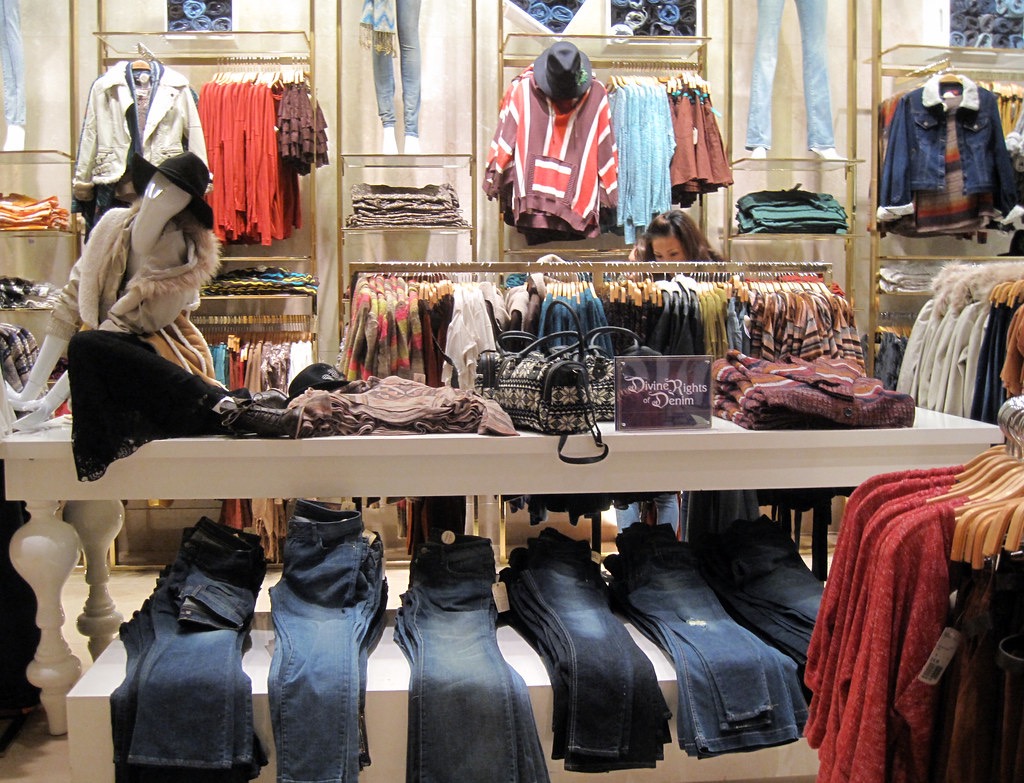
Not only has fast fashion changed the way people look at and purchase clothing, it has drastically changed the environment.
The fashion industry is one of the largest causes of pollution in the world. Not only is useable water being drained for production, the clothes and items themselves are largely made with chemicals and materials that cannot be recycled - eventually ending up in the ocean or in landfills.
Additionally, a large percentage of fast fashion products don't ever end up being sold. This is called deadstock - when products or product materials that aren't sold or made end up being disposed of without ever being used.
Sustainable Fashion
As the name suggests, sustainable fashion refers to the manufacture of items done in the most eco-conscious way possible.
The most changes to be made are seen in the production and manufacture of the products, but there are improvements to be made in the choices of materials, modes of transportation, and ways of communication.
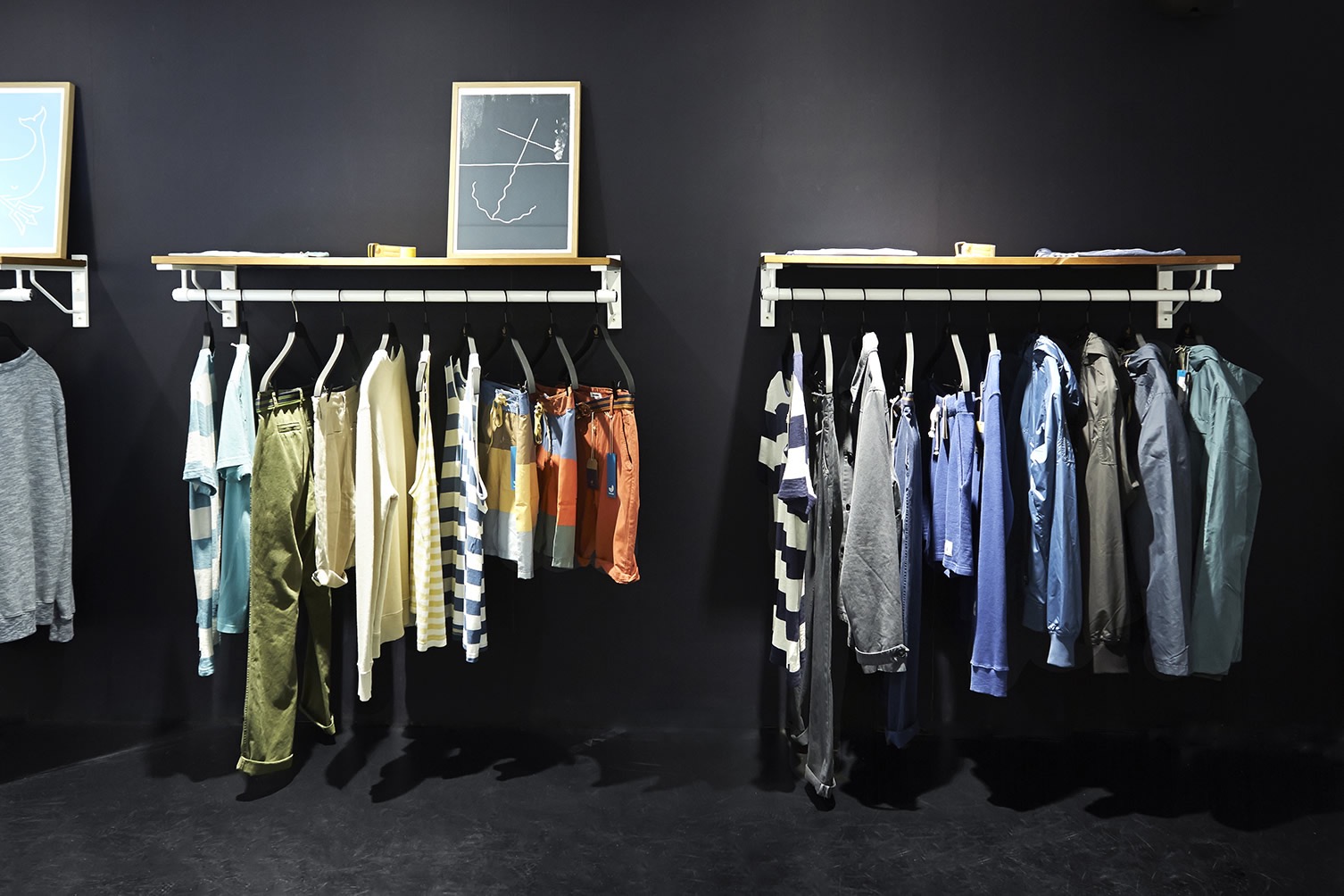
Quality of material and quality of construction is important in sustainable fashion, as the products are meant to last the consumer for most of their life if possible, so as to not contribute to the new disposable nature of clothes that fast fashion has promoted.
TWOTHIRDS is a European sustainable fashion brand. Currently, TWOTHIRDS has reduced their eco-footprint up to 90% due to their commitment of making each step of the TWOTHIRDS design and manufacturing process as sustainable as possible.
The three steps to making a TWOTHIRDS product
There are three steps in making a TWOTHIRDS product:
1. Gathering raw materials.
To make sure their clothes are bio-degradable, TWOTHIRDS searches for alternative fabrics materials like hemp and organic cotton, among others.
2. Producing fabric.
TWOTHIRDS believes that the fashion industry doesn't utilize recycling enough, especially with their deadstock. Therefore, TWOTHIRDS buys these unwanted materials and items from European companies and, with the assistance of their alternative fabric materials, turns the unwanted into something beautiful and lasting.
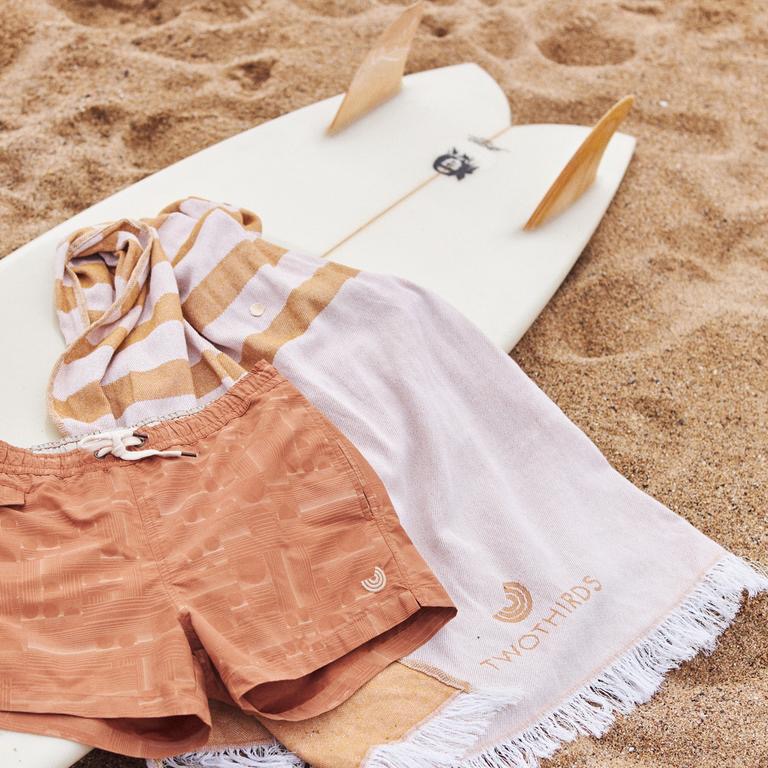
3. Manufacturing the product.
Production for TWOTHIRDS is kept as close to home as possible, with the majority of manufacturing done at a facility in Portugal and most suppliers hailing from Italy, Spain, France, and Portugal.
Keeping suppliers and production close allows TWOTHIRDS to use less gas on transportation and allows for constant quality inspections to make sure that everything, even down to the smallest button, is up to the TWOTHIRDS standard of quality.
TWOTHIRDS strives for a higher level of sustainability in Europe
In addition to the sustainable strides TWOTHIRDS has made in their production process, they have also established a few programs that ensure further progress.
This includes their pre-order system, which was established to stop any possibility of overproduction. By using a pre-order system, TWOTHIRDS can see from their headquarters in Barcelona exactly how many pieces are going to be sold and can order materials accordingly. In this way, deadstock is never produced.
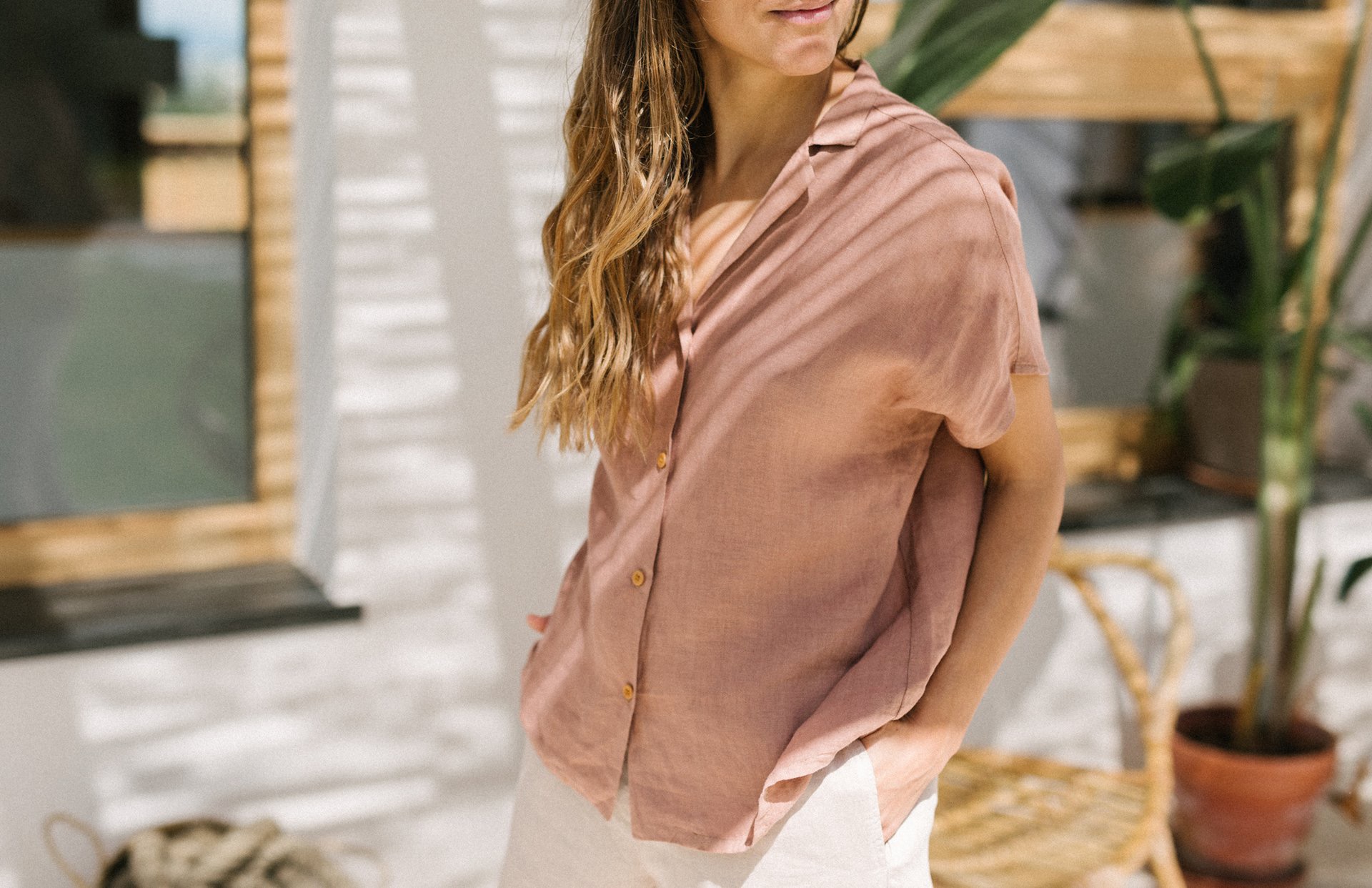
Also, any materials left over at the end of a collection is saved to be used for the next TWOTHIRDS collection. Again, ensuring no deadstock, no waste, and ample creativity.
Finally, TWOTHIRDS has a program called the "drawdown program," where with every order, one euro is taken and saved to support outside projects that research how companies can improve their sustainability even more.
TWOTHIRDS wants you to live in a world with clean water and fresh air. They will continue to strive to show Europe and the rest of the world the detriments of fast fashion and how sustainable options are the better choice for both you, and the earth.
